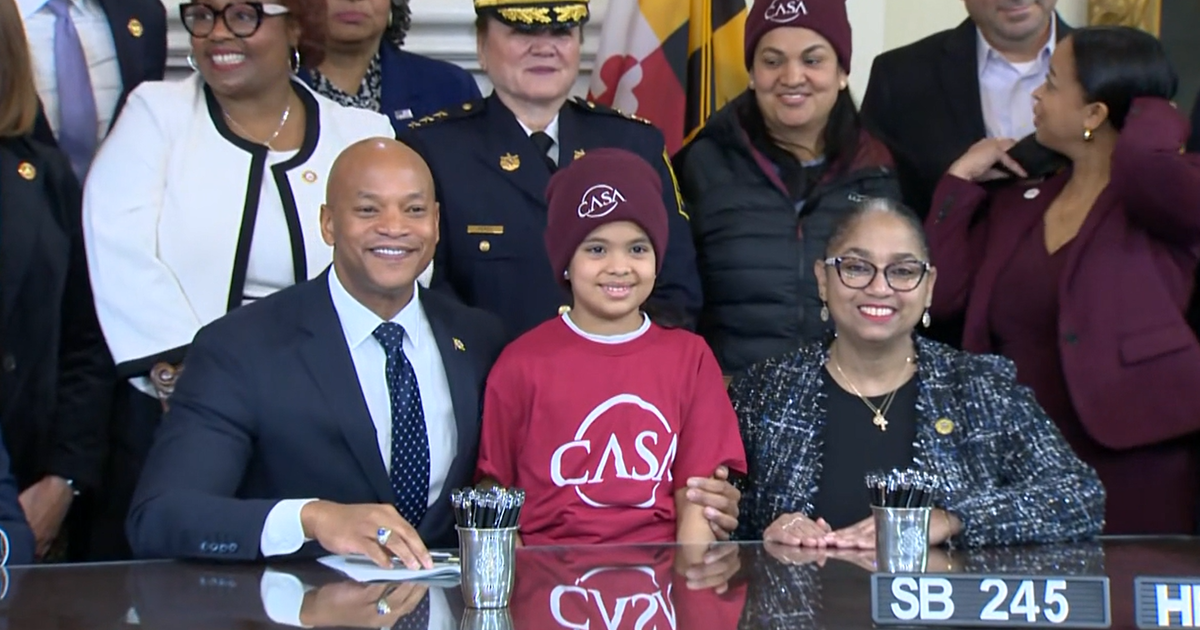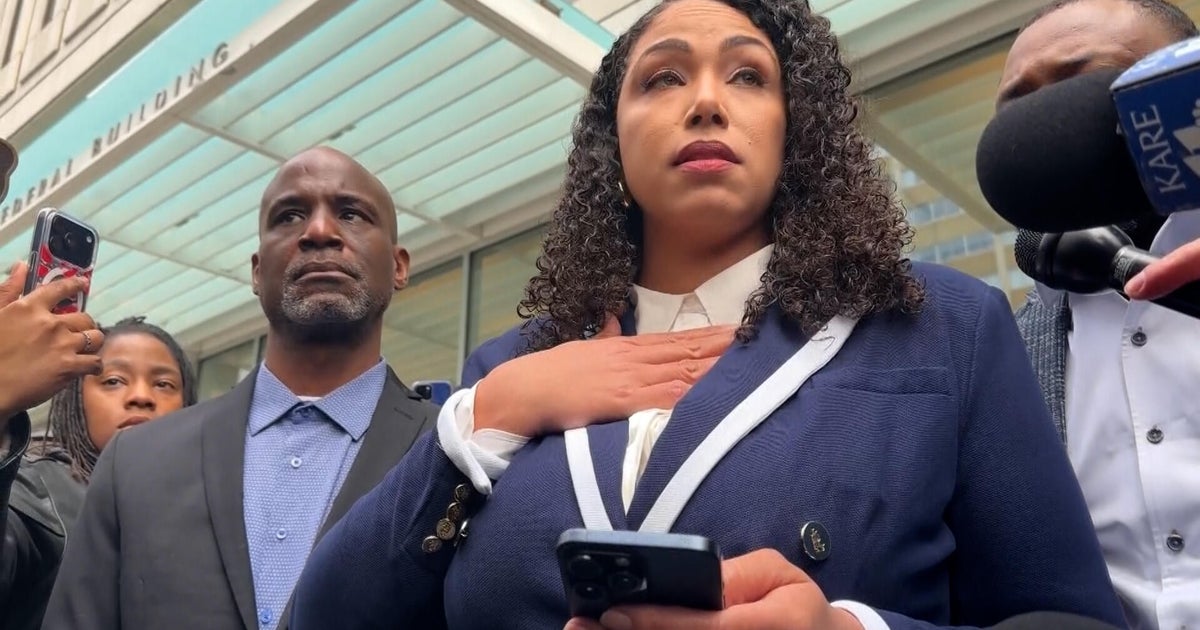Tangled Minn. Tax Bill Exposes Democratic Rift
ST. PAUL, Minn. (AP) — Gov. Mark Dayton kicked up a storm Tuesday in his return to the Minnesota Capitol, chastising fellow Democrats for not moving quicker on a tax-relief measure and suggesting that a controversial Senate office building proposal had improperly gotten in the way.
Forcefully reasserting himself after a five-week recovery from hip surgery, Dayton demanded that the Legislature reach a deal on tax cuts by week's end.
"It's just inexcusable, and I'm very, very disappointed that we're at this impasse at this stage. And it has got to stop," Dayton said, expressing his belief that Senate Democrats weren't passing the tax bill because House Democrats have withheld backing for a new office building for senators.
The governor may get his way.
Senate Majority Leader Tom Bakk of Cook said that a vote on the tax measure would probably happen Thursday. Bakk denied using the office building as leverage, though he said Dayton and the House can't avoid that issue because ongoing Capitol renovations will leave senators without space by next year.
"We all just need to remember, including the governor, that the Legislature is a separate branch of government. The governor doesn't run the courts and he doesn't run the Legislature, either," Bakk said. "We're doing our best to try to accommodate his desire to have a tax bill passed by the end of the month."
House Speaker Paul Thissen of Minneapolis said he agreed with Dayton that there was urgency on taxes and the office debate could come later.
"They're separate issues," he said.
The Senate's $434 million tax measure is about $70 million smaller than a House tax-cut package approved earlier in the month. And it also sets aside $150 million toward state budget reserves, which the House hasn't done. If the House doesn't accept the Senate changes, it could require negotiations that push into next week.
The timing matters because Minnesota Revenue Commissioner Myron Frans said his agency is fast approaching an internal deadline for alerting income tax preparers and software vendors of new tax breaks that filers might qualify for this year.
"Every day they wait puts in jeopardy the ability to get these tax changes done for folks," Frans told The Associated Press in a phone interview. "If we don't get this done this week, then we're putting in the potential that none of this gets done until after April 15."
Frans said his department and private programmers are reluctant to make any changes to filing systems just before or after April 1 because of a surge in filings from that point until the tax deadline. An estimated 1.1 million filers will submit returns from April 1 on.
Republicans quickly described the Democratic infighting as a "mid-session meltdown," with tax breaks for Minnesota families and businesses at stake.
"We ask the governor to lead; we ask the speaker of the House to lead and the majority leader — all of the same party," said Assistant House Minority Leader Kelby Woodard of Belle Plaine. "Sit down and get this money back to Minnesotans."
With the help of a $1.2 billion surplus, Minnesota lawmakers are weighing the tax credits that would come by aligning the state tax code with one at the federal level. Some but not all of the exemptions and deductions would be retroactive to the 2013 tax year.
The changes affect hundreds of thousands of filers. For example, about 280,000 recent college graduates would qualify for deduction of student loan interest and another 40,000 students and their parents could access tuition deductions. There are 96,000 filers who could be in line for a mortgage insurance deduction.
If lawmakers wait, Frans said some people would have the option of filing amended returns or forgoing the money if the payoff isn't worth the time or expense. The department would attempt to provide automatic rebates where it can, but Frans said such outreach isn't guaranteed in all cases.
Both tax bills would also dump three newly imposed sales taxes on business-to-business transactions, such as equipment repair and warehousing services. The House plan would refund taxes already paid since last summer; the Senate version does not.
(© Copyright 2014 The Associated Press. All Rights Reserved. This material may not be published, broadcast, rewritten or redistributed.)







